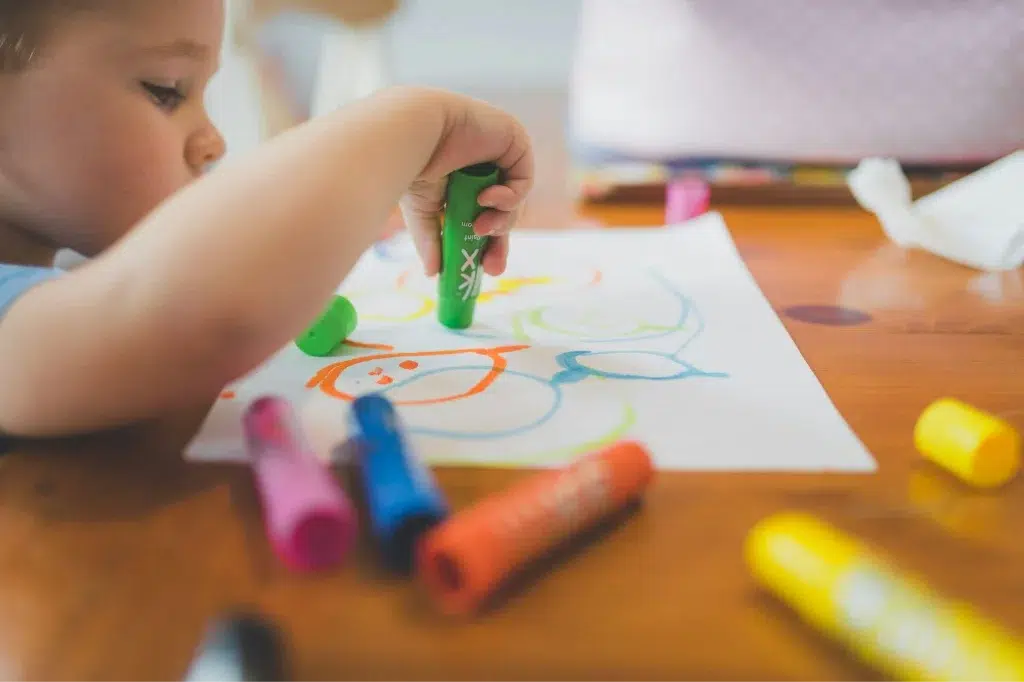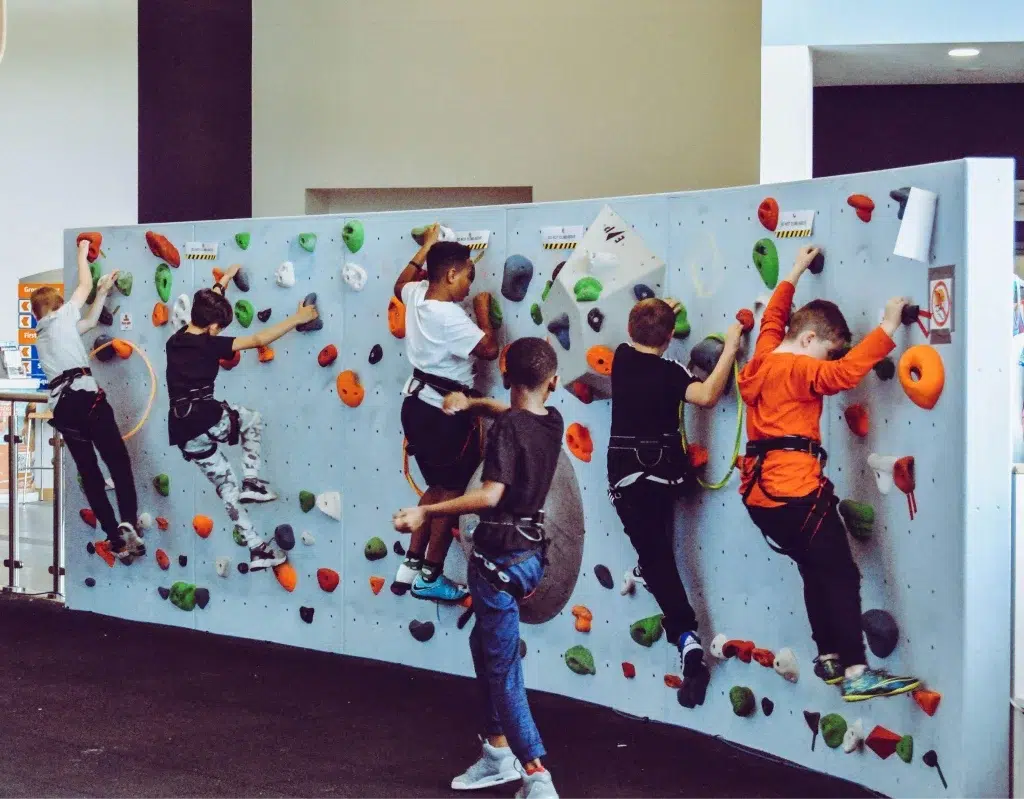Choosing a school isn’t just a box to tick—it’s a turning point. This decision shapes not just what a child learns, but how they grow as a person. This guide walks through key school options—from Montessori classrooms to support for diverse learners—and helps you figure out what truly fits your family.

Independent Schools: A Closer Look
Independent schools tend to do things a little differently. Smaller classes mean teachers can really know each student. Lessons can flex based on how kids learn, not just what’s in the textbook.
You’ll often see a more holistic approach—academics, yes, but also emotional awareness, social skills, and self-direction.
Many of these schools partner closely with families. Communication’s more personal. Parents stay in the loop, and students benefit from that teamwork.
These schools aren’t locked into rigid standards either. Their freedom to shape curriculum often leads to creative, student-focused learning environments.
Montessori Education
Montessori classrooms are calm, curious places. Kids move at their own rhythm. Teachers don’t stand up front—they step back and guide when needed.
Learning is hands-on. No memorizing just to pass a test. Instead, students explore real-world ideas through materials that engage their senses.
Multi-age classrooms let younger kids learn from older ones—and give older kids a sense of responsibility. It’s not chaotic; it’s community.
There’s also the idea of “cosmic education.” Big picture thinking. Children are encouraged to consider their role in the world, and why what they learn matters.
Role of Teachers in Montessori Education
Montessori teachers observe more than they lecture. When a child’s ready, they introduce something new. Not because the schedule says so, but because the moment is right.
This approach builds independence. Students feel trusted, not rushed. Classrooms are quiet but alive—with movement, curiosity, and a steady hum of focus.
Montessori Learning Materials
The tools in these rooms are designed for discovery. Sandpaper letters, bead chains, and puzzles help kids learn through doing—not just watching.
Most of the materials are self-correcting. That means students can fix their own mistakes, which builds confidence and problem-solving skills.
Benefits Beyond Academics
Montessori isn’t just about math or reading. Kids learn how to care for their space, respect others, and handle emotions. They build empathy as much as intellect.
Simple tasks—like organizing supplies or preparing snacks—become powerful lessons in patience, responsibility, and collaboration.

Special Education Support
Every child learns differently. Special education programs recognize that. They offer tailored help—whether it’s academic, behavioral, or emotional.
Some kids need structured plans to stay focused. Others benefit from smaller group instruction or mental health check-ins.
For students with autism or learning differences, specialized classes or inclusive environments can make a world of difference.
Math Support
Math can feel like a mountain for some students. With the right support, though, it becomes manageable—even exciting.
Tutors work one-on-one to build study habits, problem-solving skills, and confidence. Programs like VCE chemistry tuition help advanced learners tackle tough concepts, too.
Language Arts Assistance
Reading, writing, spelling—it all connects to how kids express themselves. Tutoring in these areas boosts not just grades, but communication skills.
Whether it’s a private school tutor in Sydney or online help anywhere, language support helps children become better thinkers and clearer storytellers.
Behavioral and Emotional Support
When emotions get big, learning gets hard. Some students need help with self-control or managing frustration.
That’s where school counselors and behavior teams step in. They use mindfulness, positive routines, and check-ins to help kids reset and grow.
With the right guidance, students learn to cope, bounce back, and stay engaged.
Assistive Technology and Learning Tools
Tech can open doors. For students with learning differences, it often does just that.
Text-to-speech apps help with reading. Voice-to-text tools support writing. Interactive games make math less intimidating.
Teachers integrate these tools naturally into class, so students can learn independently and at their own pace.

Extracurricular Programs
What happens outside the classroom matters too. Clubs, sports, drama, robotics—these activities let kids try new things and build character.
Programs like Marsden Swim School boost confidence and health. Other groups encourage leadership, creativity, and teamwork.
Extracurriculars teach students how to commit, show up, and balance life’s many moving pieces.
Child Care Programs
Reliable child care is a lifeline for many working families. Whether it’s before school, after school, or during breaks, these programs provide structure, safety, and fun.
For younger children, enrolling in a child nursery or early learning center helps build foundational skills before entering formal schooling.
Licensed child care options are available to children from kindergarten age and up, offering convenience and peace of mind for parents balancing work and family responsibilities.
Early learning centers and community organizations often provide these services, ensuring that children receive quality care that supports their development and well-being.
Many centers go beyond babysitting. There are art projects, group games, and learning activities—all tailored to different age groups.
Parents can often choose flexible hours, too. Some programs offer full-day, half-day, or drop-in care depending on what families need.
Admissions Process
Most private or independent schools aim for fit—not just test scores. They want families who understand their mission and values.
Parents should explore admissions policies, visit campuses, and ask questions. Open houses are a great way to meet staff and see if the environment feels right. School open house registration ensures parents can explore facilities, meet teachers, and understand the school’s philosophy before making a decision. Many schools allow online registration for visits, which makes planning easier.
Supporting Families
Schools don’t work in isolation. Strong family-school partnerships help kids thrive.
Programs that encourage parent involvement—like advisory boards or volunteer days—build a real sense of community.
Inclusive policies also matter. When families of all backgrounds feel seen and welcomed, engagement rises. Kids notice that, and it impacts how they feel about school.
Recent News and Events
Keeping up with school events helps parents stay involved. Newsletters, portals, and announcements keep families in the loop.
Events like science fairs, talent shows, and cultural nights showcase student work and bring the community together.
They’re not just fun—they’re meaningful moments that build pride and belonging.
Summary
There’s no single “best” school. The right one fits your child’s needs, interests, and pace.
Independent schools offer flexibility. Montessori fosters independence. Special education ensures every learner gets support. And extracurriculars? They round it all out.
Don’t rush the process. Visit. Ask questions. Trust your instincts.
A great school doesn’t just educate—it inspires, supports, and grows alongside your child.











